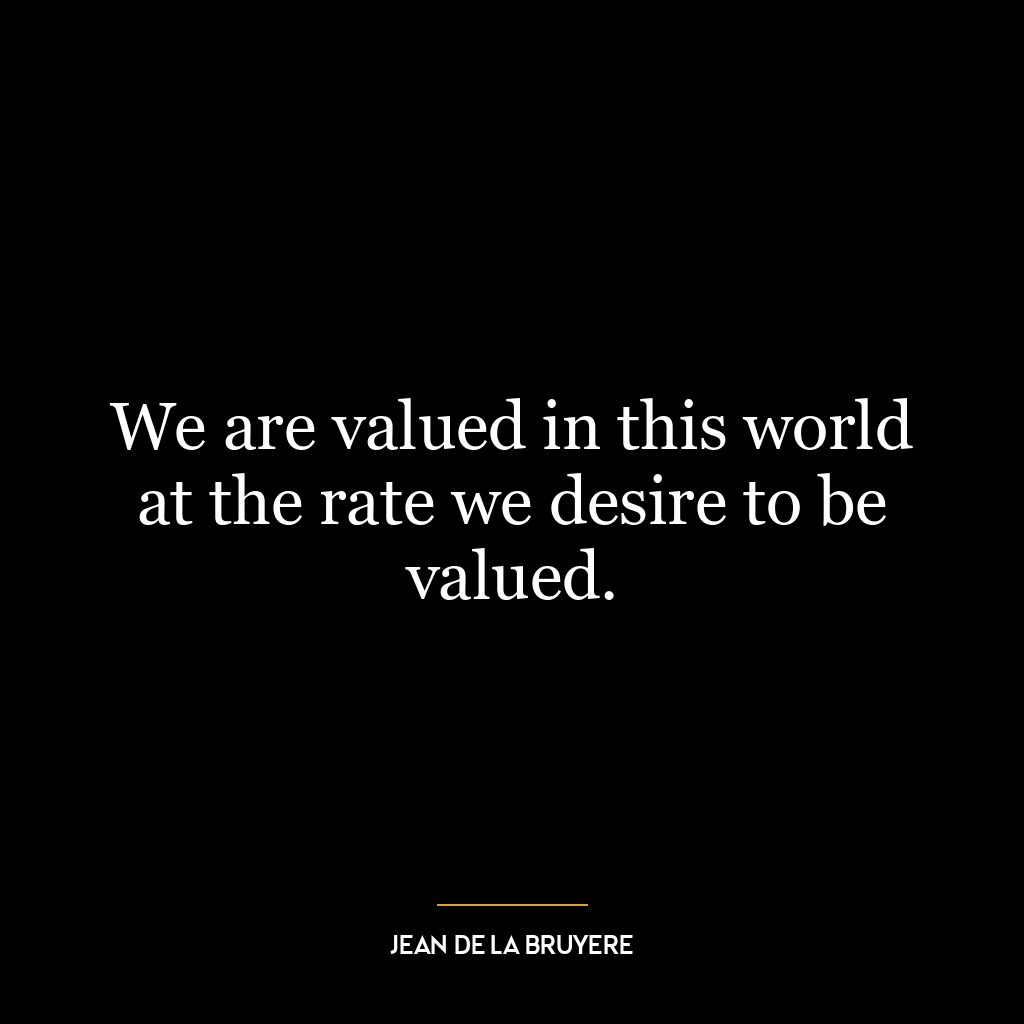We turn toward God only to obtain the impossible.
This quote, “We turn toward God only to obtain the impossible,” can be interpreted as a commentary on human nature and our tendency to seek divine intervention when faced with seemingly insurmountable challenges. It suggests that humans often turn to a higher power when they desire something that seems out of their reach or beyond their control. This might be a miraculous cure for a disease, a sudden change of fortune, or the resolution of a complex problem.
The quote also implies a certain level of human desperation and helplessness. It suggests that when all human efforts have been exhausted, when all logic and reasoning have failed, people often turn to God as a last resort. This act of turning to God in these circumstances can be seen as a form of surrender, an admission that we, as humans, are limited in our capabilities and that some things are simply beyond our control.
Applying this idea to today’s world, one might observe that in times of crisis, such as during a global pandemic, people often turn to faith and spirituality for comfort and hope. When faced with the seemingly impossible task of overcoming a worldwide health crisis, many individuals might find solace in prayer or religious rituals, seeking divine intervention to resolve a situation that appears beyond human control.
In terms of personal development, this quote could serve as a reminder of the importance of humility and acceptance. It could be interpreted as a prompt to acknowledge our limitations and the fact that we cannot control everything in our lives. This acceptance can lead to personal growth as it encourages us to focus on what we can change, while accepting what we cannot, and seeking help (divine or otherwise) when needed.
However, it’s important to note that this quote can also be viewed as a critique of using faith as a crutch or an excuse for inaction. It suggests that turning to God should not replace our efforts to strive, learn, and grow but rather complement them, especially in the face of adversity.















